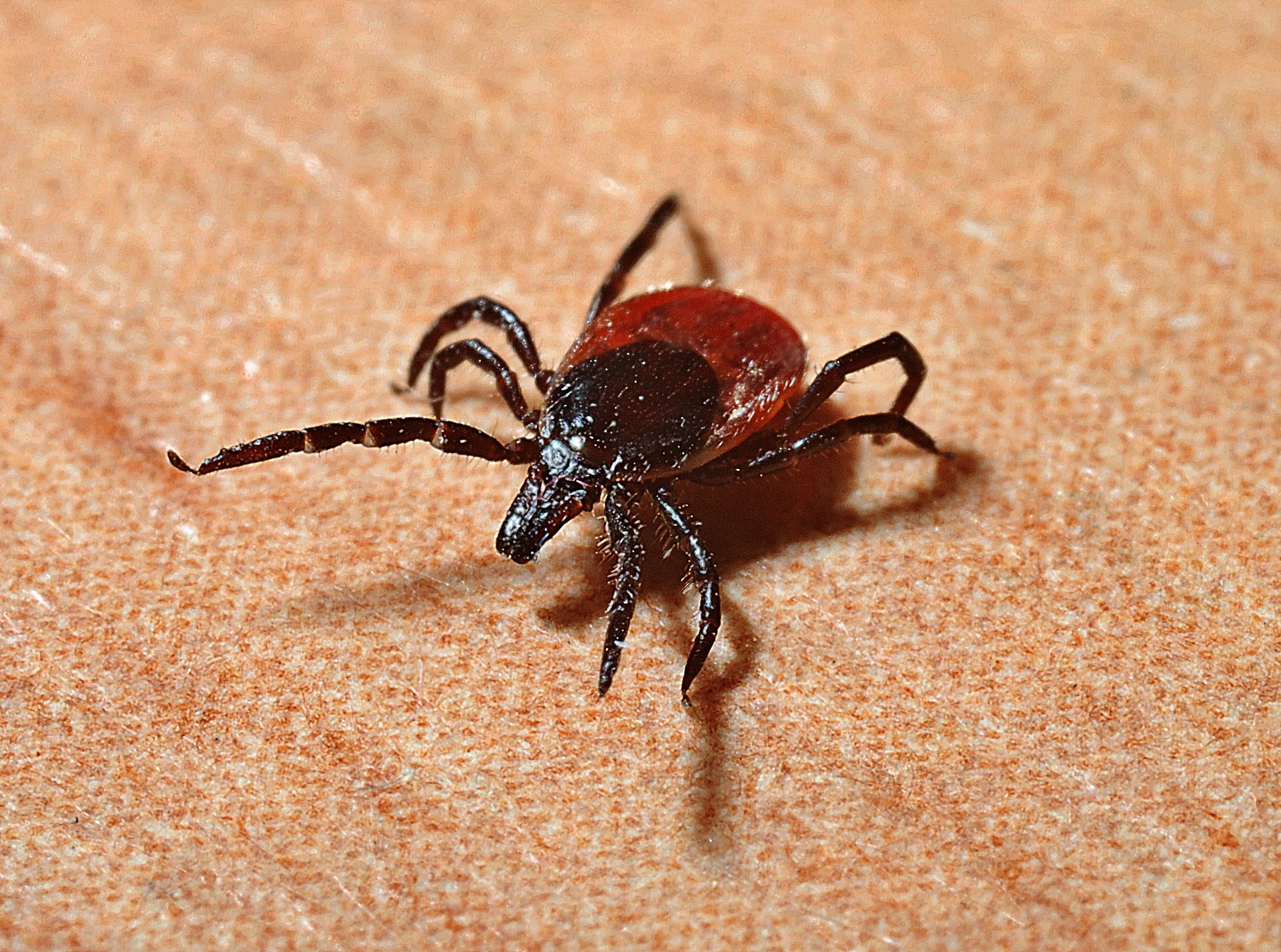Red Meat Tick Allergy Hits PA
Posted by Jennifer Smith on 28th Jun 2018
Bad news for carnivores in Pennsylvania — the Lone Star tick is here, and one bite may mean an allergy to red meat.
Pennsylvania already has the highest rate of Lyme disease cases in the nation, according to the CDC, and now this tick is making its way beyond the Southeast to areas such as Pennsylvania, Maine, New York and Maryland.
One Maryland resident, Laura Stirling, was diagnosed last year. She was bit while walking her dog and found the tick near her hip bone later that day, according to a report on National Public Radio.
At the time, she didn't think much of it. But three weeks later, after eating an Italian-style pork sausage for dinner, she had a horrible reaction. Stirling woke up with hives covering her body and experienced stomachaches and other gastrointestinal troubles, according to NPR.

A blood test confirmed she had the alpha-gal meat allergy, and she was told to avoid all red meat.
"I thought it was completely crazy, because I've eaten dairy and red meat all my life," she said in the report.
The Lone Star tick has been seen around Pennsylvania more as temperatures are warming up, said Michael Skvarla, director of Penn State's Insect Identification Lab.
Commonly found in areas extending from Texas to Missouri, Skvarla said he has seen a few of these ticks in Pennsylvania but does not find them to be too common in this region yet.
"These ticks are getting more attention now because of their new link to this cross-reaction," said Nate Wardle, of the Pennsylvania Department of Health.
The alpha-gal allergy is a cross-reaction of the tick, Wardle said. It can cause people to develop allergies to red meat, pork and lamb, and in some cases, a dairy intolerance.
Wardle said Lone Star ticks feed on other mammals that carry the alpha-gal carbohydrate, and when they bite a human, it can set off the allergy.
"Not everyone bit by a Lone Star tick will develop the allergy," Wardle said. "Some people are just more prone to a reaction than others."
There isn't a definitive cure for the allergy, but Wardle said people are able to manage their symptoms with medication and may even outgrow the allergy eventually.
In Pennsylvania, the tick is known to only transmit Rocky Mountain spotted fever, Skvarla said, which can lead to blindness, paralysis, or even death if untreated.
Dr. Scott Commins, an allergist and associate professor of medicine at the University of North Carolina, Chapel Hill, was one of the first physicians to identify the allergy in patients with tick bites. About 10 years ago, he said there were just a few dozen known cases.
"We're confident the number is over 5,000 [cases], and that's in the U.S. alone," Commins told NPR.
Wardle said he is not aware of any known cases in Pennsylvania currently.
Now, the best thing people can do to protect themselves from being infected is to take precautions, Wardle said. This includes checking for ticks after being exposed to wooded areas and going to the doctor if any bites or symptoms appear.
"Just doing yard work or any outdoor activity heightens the risk of being bit by ticks,"Wardle said. "It's part of where we live.
Story shared from York Daily Record - Sam Ruland, York Daily Record
